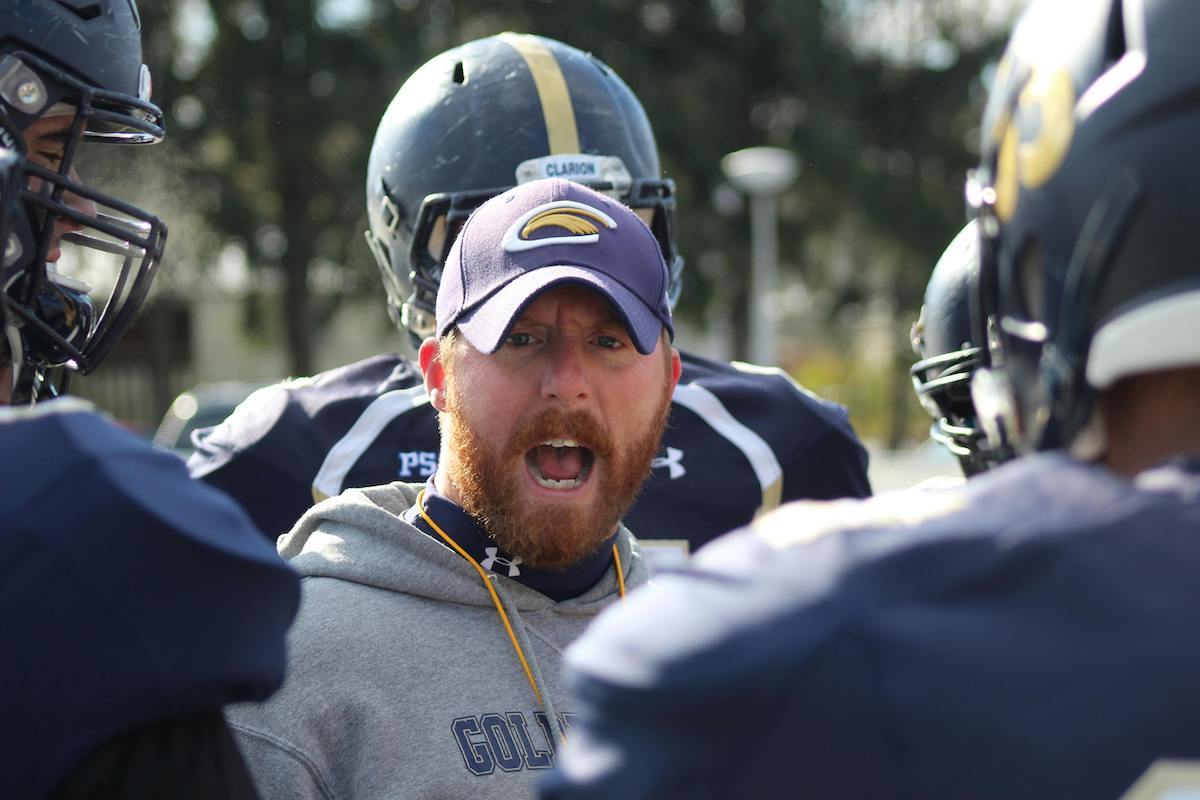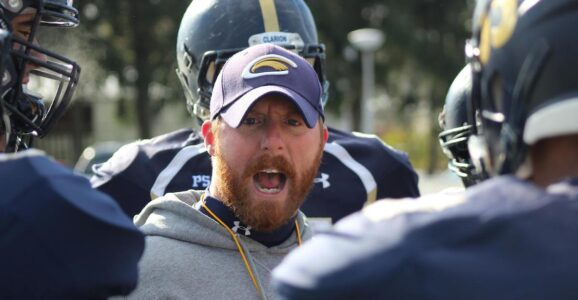Theories of Sports psychology delve into the intricate workings of the human mind within the context of athletic performance. Athletes not only rely on physical prowess but also on mental resilience and strategic thinking to excel in their respective fields. Understanding the psychological underpinnings behind athletes’ behaviors, motivations, and reactions has become crucial for coaches, trainers, and athletes themselves. Let’s explore some prominent theories in sports psychology that shed light on the psychological dynamics at play during sporting endeavors.
Theories of Sports psychology
1. Self-Determination Theory (SDT):
SDT, developed by Edward Deci and Richard Ryan, emphasizes the importance of intrinsic motivation in driving human behavior. In the realm of sports, athletes who are intrinsically motivated are more likely to persist in their efforts, experience greater satisfaction, and perform at higher levels. Coaches often aim to foster athletes’ autonomy, competence, and relatedness to enhance their intrinsic motivation and overall performance.
2. Achievement Goal Theory (AGT):
AGT, proposed by Nicholl and Duda, focuses on how individuals interpret and respond to achievement situations. It distinguishes between task-oriented and ego-oriented goals. Athletes with task-oriented goals are more likely to focus on self-improvement and mastery, leading to enhanced performance and psychological well-being. Conversely, ego-oriented goals, such as outperforming others, may lead to anxiety and decreased performance.
3. Social Cognitive Theory:
Social Cognitive Theory, pioneered by Albert Bandura, underscores the role of observational learning, self-efficacy, and self-regulation in human behavior. Athletes can learn new skills and strategies by observing others (e.g., teammates, opponents) and by receiving feedback from coaches. Moreover, belief in one’s ability to execute specific actions (self-efficacy) and the ability to regulate one’s thoughts and emotions contribute significantly to athletic performance.
4. Arousal Regulation Theory:
Arousal Regulation Theory focuses on managing arousal levels to optimize performance. Athletes must strike a balance between being sufficiently aroused to perform at their best and not becoming overly anxious or stressed, which can impede performance. Techniques such as deep breathing, visualization, and progressive muscle relaxation can help athletes regulate their arousal levels effectively.
5. Cognitive-Behavioral Theory:
Cognitive-Behavioral Theory explores the relationship between thoughts, feelings, and behaviors. It posits that changing maladaptive thoughts and behaviors can lead to improved emotional well-being and performance. In sports psychology, cognitive-behavioral techniques such as cognitive restructuring, goal setting, and imagery are utilized to enhance athletes’ mental skills and performance outcomes.
6. Flow Theory:
Flow Theory, proposed by Mihaly Csikszentmihalyi, describes a state of optimal experience characterized by deep immersion, effortless concentration, and peak performance. Athletes often report entering a state of flow during moments of intense focus and enjoyment while engaging in their sport. Achieving flow requires a balance between the perceived challenge of the task and one’s skills, leading to a sense of timelessness and complete absorption in the activity.
7. Attribution Theory:
Attribution Theory examines how individuals interpret and explain the causes of success and failure. Athletes’ attributions influence their motivation, emotions, and subsequent performance. Those who attribute success to internal factors (e.g., effort, ability) and failure to external factors (e.g., luck, opponent’s performance) are more likely to maintain motivation and bounce back from setbacks.
8. Self-Efficacy Theory:
Self-Efficacy Theory, also proposed by Albert Bandura, focuses on individuals’ beliefs in their ability to perform specific tasks. Athletes with high self-efficacy are more likely to set challenging goals, exert greater effort, and persevere in the face of obstacles. Coaches can enhance athletes’ self-efficacy through mastery experiences, vicarious experiences, social persuasion, and physiological states.
9. Attentional Control Theory:
Attentional Control Theory explores how athletes allocate their attentional resources during performance. Effective attentional control is essential for maintaining focus, blocking out distractions, and making split-second decisions. Techniques such as selective attention training and attentional cueing can help athletes improve their concentration and performance under pressure.


